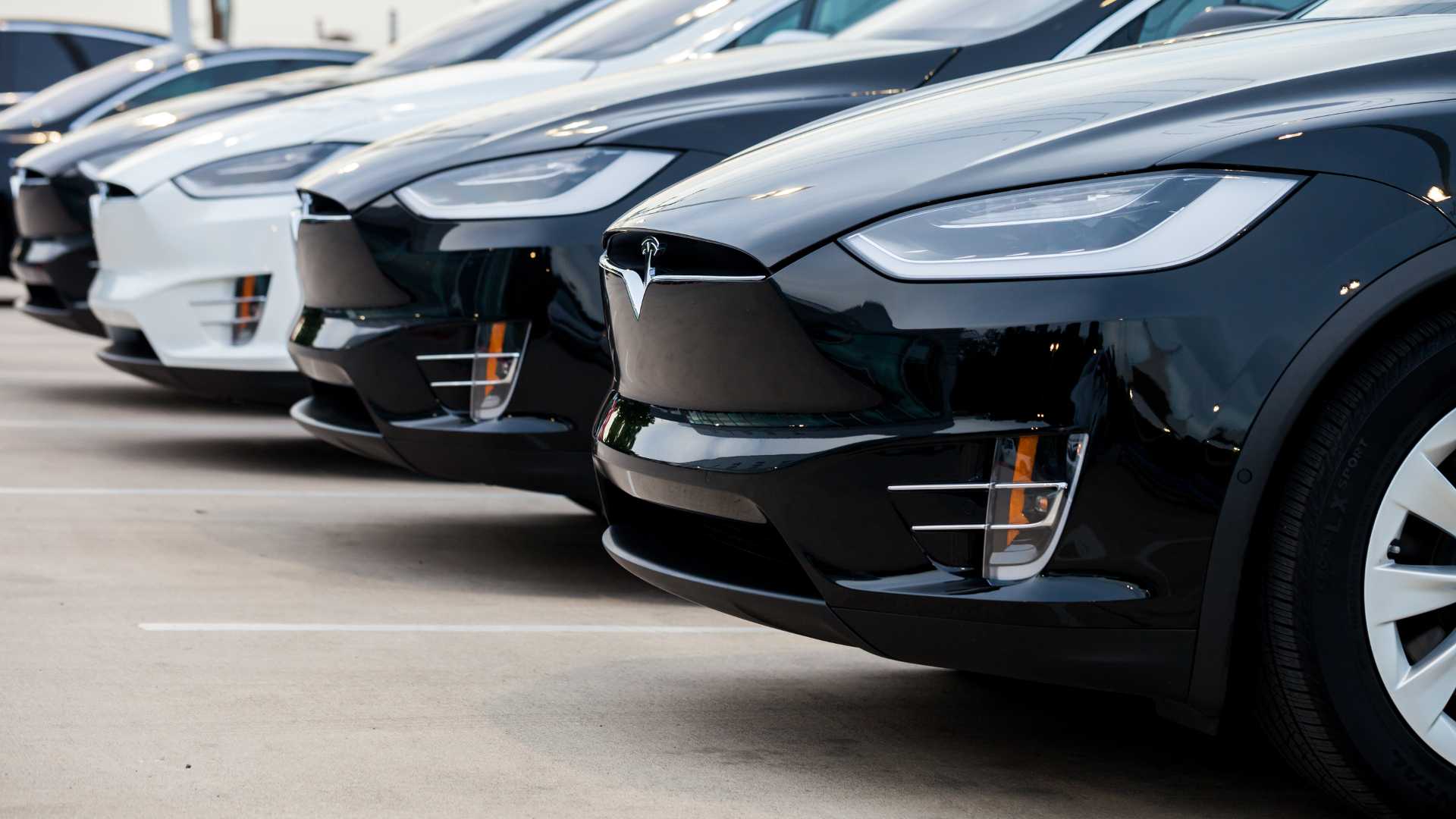
With an estimated 100 new electric vehicles headed to market in the coming years, it remains uncertain whether they’ll find a sufficient number of buyers. A just-released survey conducted by Cox Automotive identifies key issues that could well hamper the widespread adoption of EVs in the U.S. The company polled 2,503 consumers among three groups, EV owners, EV considerers and EV non-considerers. It also queried 308 franchised auto dealers to determine their barriers and expectations with regard to EV sales.
Here’s what the survey found to be major areas of concern:
With regard to up-front costs, 77% of considerers and 87% of non-considerers perceive EVs to be priced “somewhat or much more” than comparable internal combustion engine (ICE) vehicles. The reality here is that the price gap is narrowing. Tracking transactions shows that EV pricing has increased only minimally over the last seven years, while the cost of ICE models has jumped by nearly 19% over the same period. Eleven of the 16 EV model lines available for 2019 cost less than $40,000. Starting at just under $31,000, the Nissan Leaf is actually priced 2.5% lower today than it was in 2012. Extending the current federal tax credits on EVs and adding other incentives to the mix could further level the playing field.
On the plus side, nearly all (98%) EV considerers believe it’s cheaper to own an electric car, with 65% citing lower energy costs and 54% acknowledging savings in maintenance charges. According to the Environmental Protection Agency, the most efficient EVs will cost an average owner $500 per year to drive 15,000 miles in combined city/highway driving. That’s $4,700 less over a five-year ownership period than the industry average. Kelley Blue Book says service costs for an EV averages 25% lower than with a comparable ICE vehicle. That’s because EVs don’t require fluid changes or tune-ups, and there are fewer mechanical components to fail and need replacing.
Next to purchasing costs, consumers are most concerned about an electric vehicle’s battery longevity and the eventual cost to replace it. Among EV considerers, 50% expect an EV’s battery to last for 100,000 miles or longer, while 46% peg it at 65,000 miles or less. In fact, all EV batteries are covered under a manufacturer’s warranty for 8 years/100,000 miles or longer, with Hyundai offering lifetime coverage on its Kona EV’s power cells. Consumer Reports estimates the average EV battery pack’s lifespan is at around 200,000 miles. At that, 52% of EV buyers purchase an extended warranty on the battery pack for added peace of mind.
Though still expensive, the cost of eventually swapping out an EV’s battery is expected to become more affordable concurrent with advancements in technology and manufacturing. Cox says the cost of lithium ion automotive batteries has fallen by 77% since 2010 and can be expected to drop by another 45% by 2021.
While at one time few electric vehicles could muster 100 miles on a charge, for 2019 there are nine models can run for over 200 miles with a full battery. According to the survey, EV considerers are expecting an operating range of around 240 miles, which is currently the sweet spot among newer models like the Chevrolet Bolt EV and the Kia Niro EV. Ultimately they expect a range of 300 miles on a charge, which is something the Tesla Model 3, Model S, Model X and several new models coming from other automakers can achieve or exceed. The minimum consumers would expect is 184 miles on a charge. While this would exclude EVs like the Honda Clarity Electric (124 miles), Hyundai Ioniq Electric (124 miles), and the base version of the Nissan Leaf (150 miles), their ranges are still more than sufficient for the average American’s daily commute.
The relative lack of public charging stations is also of concern to consumers. The Department of Energy says there are now just over 22,000 EV charging stations across the U.S., compared to 162,000 gas stations. Among EV owners, 68% would like to see additional public charging facilities near where they live, with 63% wanting more of them close to where they work. Major initiatives from charging networks, automakers and energy companies should expand the number of charging spots dramatically in the coming years.
The franchised auto dealers Cox Automotive surveyed agreed with consumers that vehicle costs, battery life, and charging infrastructure are the major hurdles to EV adoption. As for the business side of the issue, 55% of dealers cite a lack of EV inventory as being a major issue, though this problem will solve itself as new models are added to showrooms.
Perhaps the biggest hurdle to overcome among car dealers is a general lack of enthusiasm for selling electric vehicles. The average dealership that offers both vehicle types sells only five EVs per month, compared to 131 ICE models. Among dealers queried, 54% are seeing a lower return on investment with the EVs they sell than with their ICE models. A third of them blame slow EV sales on deficiencies in automakers’ sales and marketing support, along with poor sales training. Dealers who enjoy higher levels of support from EV makers report they sell 88% more electrified units than those who garnered less assistance. At that, dealers said they expect EV sales to grow by 46% over the next 1-2 years, with luxury-brand volume increasing by 64%.
Not surprisingly, the survey found that Tesla had the highest level of brand perception among all EV makers, and by a wide margin at 81%. In fact, the Tesla Model 3 outsold all other EVs combined in the U.S. over the first half of 2019. The brands with the next highest consumer awareness levels are Toyota at 52%, Chevrolet at 47%, Nissan at 42%, and Honda at 39%. Jaguar, which debuted the new i-Pace electric SUV earlier this year, was dead last among EV brands at just 8%.
ABOUT THIS ARTICLE:
Change Your Location
Weekly graph
FREE ONLINE APPRAISAL